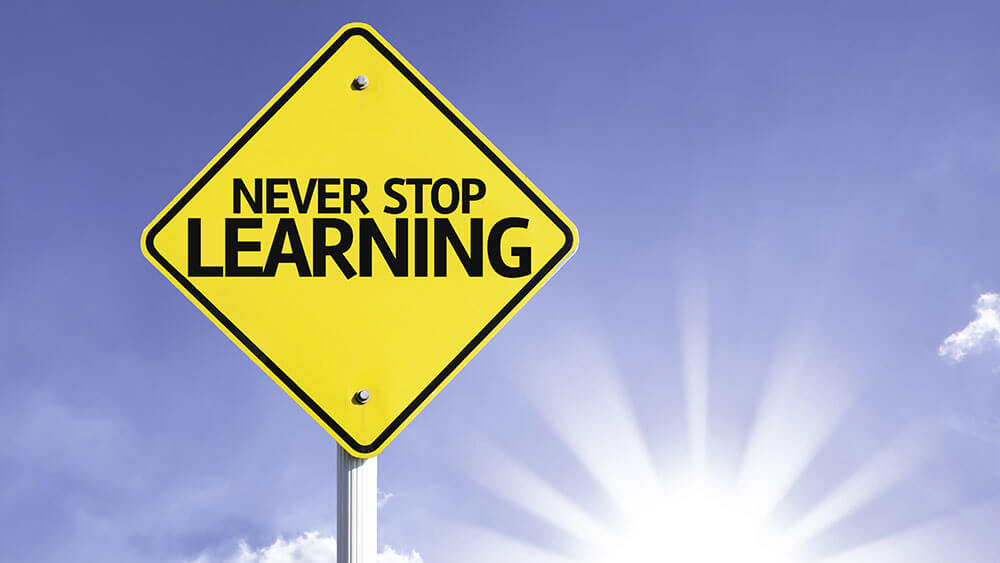I’ve been in this industry longer than I like to admit, during which time I’ve had the privilege to work side by side with some of the most progressive professionals in the conference business. To my mind, there are two things that separate the good from the great: 1) those who are uber-connected and trusted—not on social media, but rather through one-to-one relationships, and 2) those who are committed to life-long learning.
Life-long learners aren’t necessarily the ones who attend a lot of conferences, because heavy conference-goers often prioritize the networking and hallway chats over the programmed-learning experiences. Even at our meetings-industry events, attendance at education sessions can be light. Kind of sad, huh?
In Make It Stick: The Science of Successful Learning, authors Peter C. Brown, Henry L. Roediger III, and Mark A. McDaniel point out that we are delusional about how we think we learn. Many of us believe reading articles like this one or passively attending a session and downloading the PowerPoint slides and tip sheet will lead to learning—and that’s not the case.
HAVING WHAT IT TAKES
Real learning takes effort, and many of us don’t want to do the hard work it requires. In order to get something out of a learning experience, we first need to have a curious mindset and the adaptability to learn, unlearn, and relearn.
Second, we need to understand that if we don’t wrestle with the content and connect it to our past experiences, learning and sense-making doesn’t happen. No learning means no application, no ability to solve problems, and no on-the-job improvements.
A couple months ago, I saw a TV news clip about how our society is losing its ability to problem solve and innovate. If we need to fix something around the house, we look for a video on YouTube. If we don’t immediately know the answer, we google it or ask Siri. If we want a new idea for our conference, we copy it from another event without thinking it through.
Having all of the answers at our fingertips can stifle our brain’s growth. Our brains are much like our body’s muscles: Low activity makes us out of shape.
Yes, we should take full advantage of resources at our disposal, but also make more of an effort to try to solve problems on our own first. As life-long learners, we should be curious about what’s going on in business, society, and science outside of our industry, and have the strategic thinking and problem-solving acumen to apply it.

